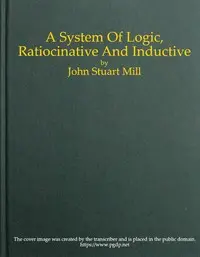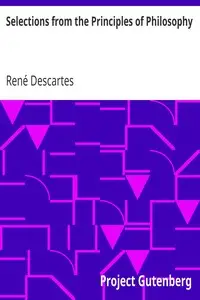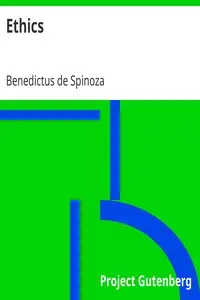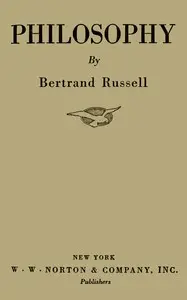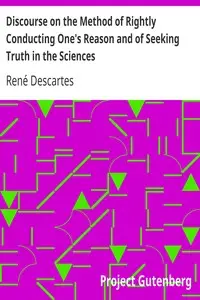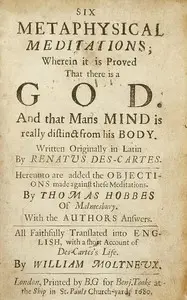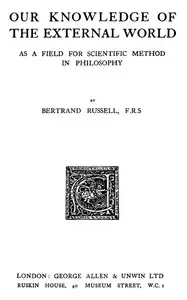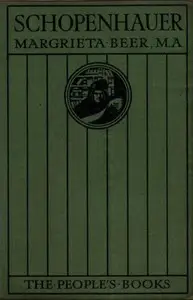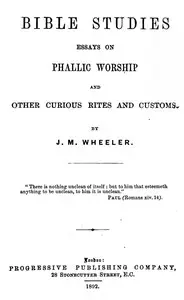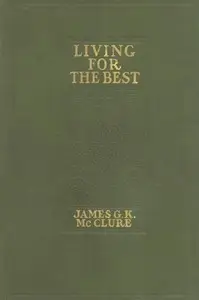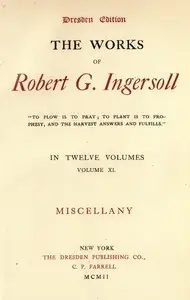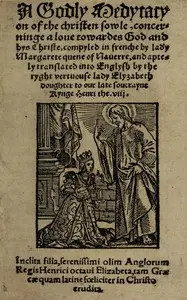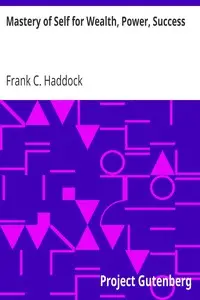"A Discourse of a Method for the Well Guiding of Reason" by René Descartes is a cornerstone piece in philosophical writing that searches for a clear path to understanding knowledge and truth. The story dives into Descartes' own story as he looks at how we think and reason. It highlights the idea that while everyone can reason, it frequently goes astray. He explores how his travels and deep thinking led him to question what he had been taught, realizing that his education had left him confused. Rather than trying to change the world, Descartes is determined to fix his own understanding by creating a way to separate truth from lies, and with this philosophical method, clarity, simplicity, and logical thought are crucial for anyone seeking knowledge.
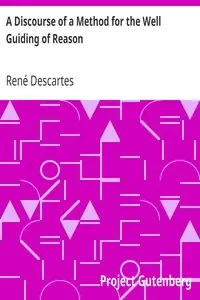
A Discourse of a Method for the Well Guiding of Reason and the Discovery of Truth in the Sciences
By René Descartes
Embark on a journey of introspection where traditional knowledge is challenged, and a new path to truth is forged through doubt and methodical reasoning.
Summary
About the AuthorRené Descartes was a French philosopher, scientist, and mathematician, widely considered a seminal figure in the emergence of modern philosophy and science. Mathematics was paramount to his method of inquiry, and he connected the previously separate fields of geometry and algebra into analytic geometry. Descartes spent much of his working life in the Dutch Republic, initially serving the Dutch States Army, and later becoming a central intellectual of the Dutch Golden Age. Although he served a Protestant state and was later counted as a deist by critics, Descartes was Roman Catholic.
René Descartes was a French philosopher, scientist, and mathematician, widely considered a seminal figure in the emergence of modern philosophy and science. Mathematics was paramount to his method of inquiry, and he connected the previously separate fields of geometry and algebra into analytic geometry. Descartes spent much of his working life in the Dutch Republic, initially serving the Dutch States Army, and later becoming a central intellectual of the Dutch Golden Age. Although he served a Protestant state and was later counted as a deist by critics, Descartes was Roman Catholic.

